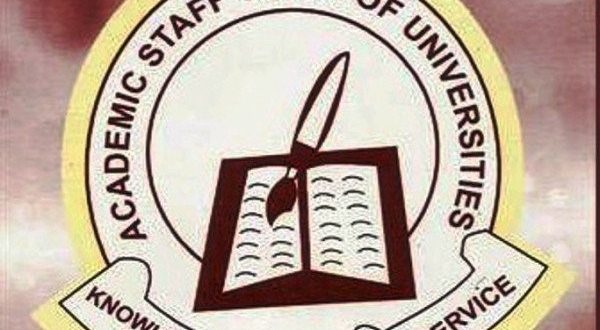Academic activities have been ruptured again in the country’s universities since last week, as the Academic Staff Union of Universities resumed its strike over epileptic funding. The ASUU President, Biodun Ogunyemi, said the resort to strike was based on the realisation that the government was trifling with the union. The effect of the action, no doubt, will be telling on the students. But all the stakeholders should appreciate the union’s struggle as one for the common good.

Since the 1990s, the drive for improved funding of universities has been an inexorable part of their existence. The latest unease is rooted in the Federal Government’s infidelity to the 2009 agreement, which it entered into with the union. The pact entails the release of N1.3 trillion to universities to reverse their present state of decay. There are also non-financial demands, out of which raising the retirement age of professors from 65 to 70 and a special Consolidated University Academic Salary Structure have since been implemented.
However, the government has been foot-dragging on the implementation of the financial aspect, renegotiated in 2013. The deal stipulated N220 billion annual funding of universities after the first instalment of N200 billion had been released. The battle began with the Umaru Yar’Adua administration, which could not do more than the release of N23 billion for the payment of arrears of Earned Academic Allowances for 2009 and 2010. The Goodluck Jonathan government, which renegotiated the pact, made the first payment of N200 billion in the wake of the 2013 strike that spanned six weeks. That was all it did until his tenure expired in 2015.

As an inherited incubus, it gnawed at Muhammadu Buhari’s government in 2017. The strike that ensued was suspended in September after the two parties reached an understanding, resulting in the N20 billion released for lecturers’ allowances. The balance of N1.08 trillion remains an issue. Its release would have been completed this year had the government been committed to the cause. Government’s alibi is always lack of funds. The Chairman of the Implementation Monitoring Committee of the agreement, Wale Babalakin, last weekend asked ASUU to embrace dialogue. Citing other competing demands, he said “…as it is, government cannot ignore all other areas of expenditure that require funding.”
For a country that has raked in 100s of billions of dollars in oil revenue not to afford to give N1.3 trillion to its universities in 10 years – since the funding pact was reached – is indefensible. In fact, it smacks of irresponsibility. There are 91 public universities, 43 of which are federally owned, while the rest belong to the states. This is in addition to 83 accredited colleges of education, many of which run degree programmes in affiliation with universities. Their conditions are not in any way better.
Against this background, it is, therefore, obtuse for government to continue to establish new universities it cannot properly fund. Deficient in acclaimed research and other gravitas that define their essence, Nigerian universities are outside the best 1,000 globally in the Webometric ranking. Even in Africa, they are not among the best 10. But this unpleasant narrative can change with their proper funding. It is simply a matter of policy priority and appointing academics with integrity and distinction as their administrators.
BY TIJANI MONSURU

